How can Switzerland get answers on the Crypto affair?
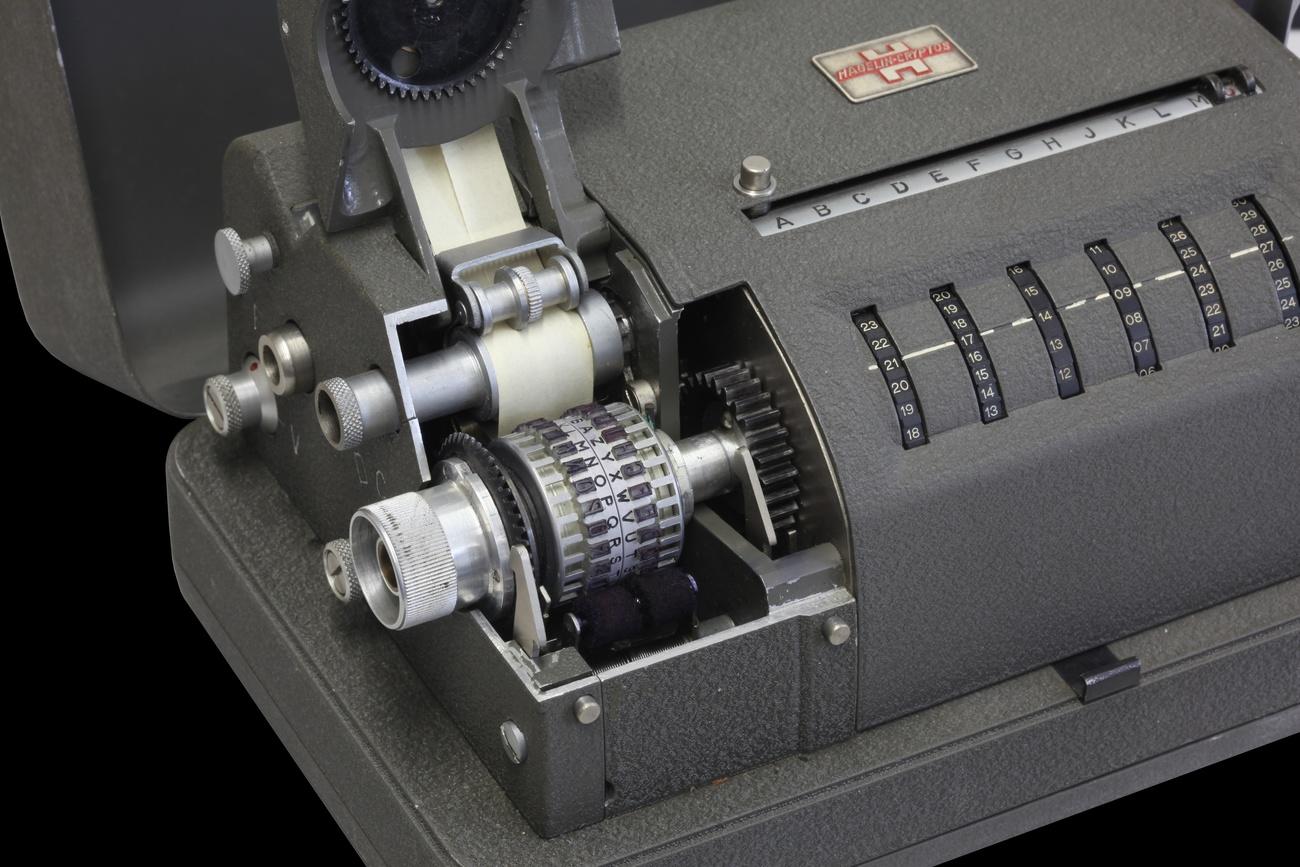
Revelations that a Swiss company was at the heart of a vast CIA spying operation has shaken Switzerland to the core. To shed light on the Crypto scandal, the country may set up a parliamentary commission of inquiry, something it has only done four times in its history.
The government announced on Tuesday that it was opening an inquiry in the wake of revelations by Swiss television SRF, German television ZDF and the Washington Post that Swiss-based firm Crypto AG was at the heart of a huge international spying operation. On Thursday, a parliamentary standing committee in charge of government oversight announced it was also launching an inquiry into how much the government knew at the time.
But left-wing parties are convinced that more is needed and that there should be a full parliamentary investigation, and other parties are not ruling it out. This is something which has only been done in exceptional circumstances – most recently 25 years ago.
However, on Friday, the Office of the House of RepresentativesExternal link, which is concerned with administrative matters, announced that it not yet decided whether a full investigation should be carried out. It first wanted to hear from the oversight committee and the Federal Council. A decision would then come in March, it said. The move would then still need the approval of the Senate Office and parliament, Swiss public television SRF reportedExternal link.
The two houses of parliament can decide to set up a joint parliamentary commission of inquiry (PUK) “if events of importance require investigation”, according to the lawExternal link.
A PUK is charged with investigating the facts. It is composed of an equal number of members from the House of Representatives and the Senate. They are appointed by the offices of the two parliamentary chambers, taking account of the numerical strength of the parliamentary parties. The PUK also has its own secretariat, and Parliamentary Services are required to make the required staff available.
The government has one representative on the commission. It is entitled to attend hearings of witnesses and other people called to testify, and to ask additional questions.
A PUK has the same rights to information as the delegations to the parliamentary oversight committees charged with looking into the management of public affairs. It can, for example, interview witnesses and consult documents or, depending on the case, appoint an investigating officer to gather evidence.
Any person who participates in meetings and interviews of the PUK has an obligation of secrecy until the commission’s report to parliament is published. The federal and cantonal authorities are obligated to provide the commission with the legal or administrative assistance it requires.
There have only ever been four parliamentary commissions of inquiry in Switzerland’s history:
The Mirage Scandal
The first one was set up in 1964 to shed light on the so-called Mirage scandal. This commission was charged with investigating a massive overspend (CHF576 million) for the acquisition of 100 French fighter jets. The commission’s report accused the defence ministry of misleading the government, parliament and the general public, and parliament subsequently cut the plane order from 100 to 57.
The Secret Files Scandal
In 1989, a PUK was set up to investigate the circumstances surrounding the resignation of justice and police minister Elisabeth Kopp, Switzerland’s first female cabinet member who was later cleared of charges. In the course of its work, the commission found 90,000 illegally constituted files documenting the everyday activities of Swiss nationals and foreigners mainly with left-wing sympathies. The official aim was to protect Switzerland from subversive Communist activities in the context of the Cold War. The discovery of the files provoked widespread protests at the time.
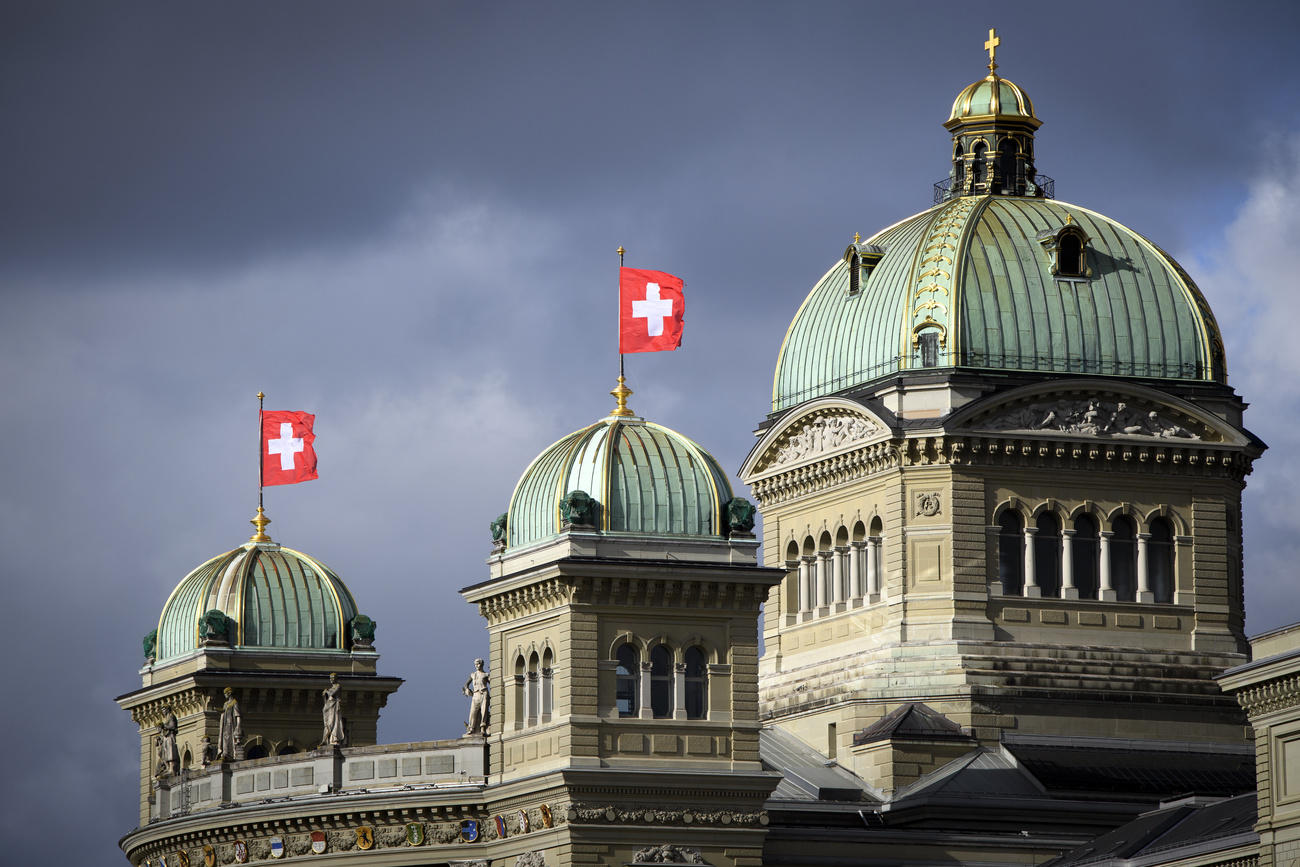
More
Has ‘Crypto Leaks’ exposed Swiss neutrality as a sham?
The Secret Army
The secret files scandal led to the creation of a third PUK charged with investigating the operations of the federal intelligence services. In 1990, it revealed the existence of the “P-27” secret intelligence agency, tasked with gathering intelligence abroad by all means required, and of P-26, a covert Swiss Cold War paramilitary group.
Pension Fund Mismanagement
The last PUK was set up in 1995 to look into mismanagement at a state pension fund. It attributed the main responsibility for mishandling the crisis to former minister Otto Stich.
Other PUKs have been proposed at various times, but not backed by parliament. There were, for example, calls for a PUK to investigate the grounding of national carrier Swissair.
Parliament could decide at its next session in March to launch a parliamentary commission of inquiry on the Crypto scandal. Speaking on Swiss public television RTS, Swiss President Simonetta Sommaruga has already said that if it decides on a PUK, the cabinet will “of course” support the move, “as it always does”.
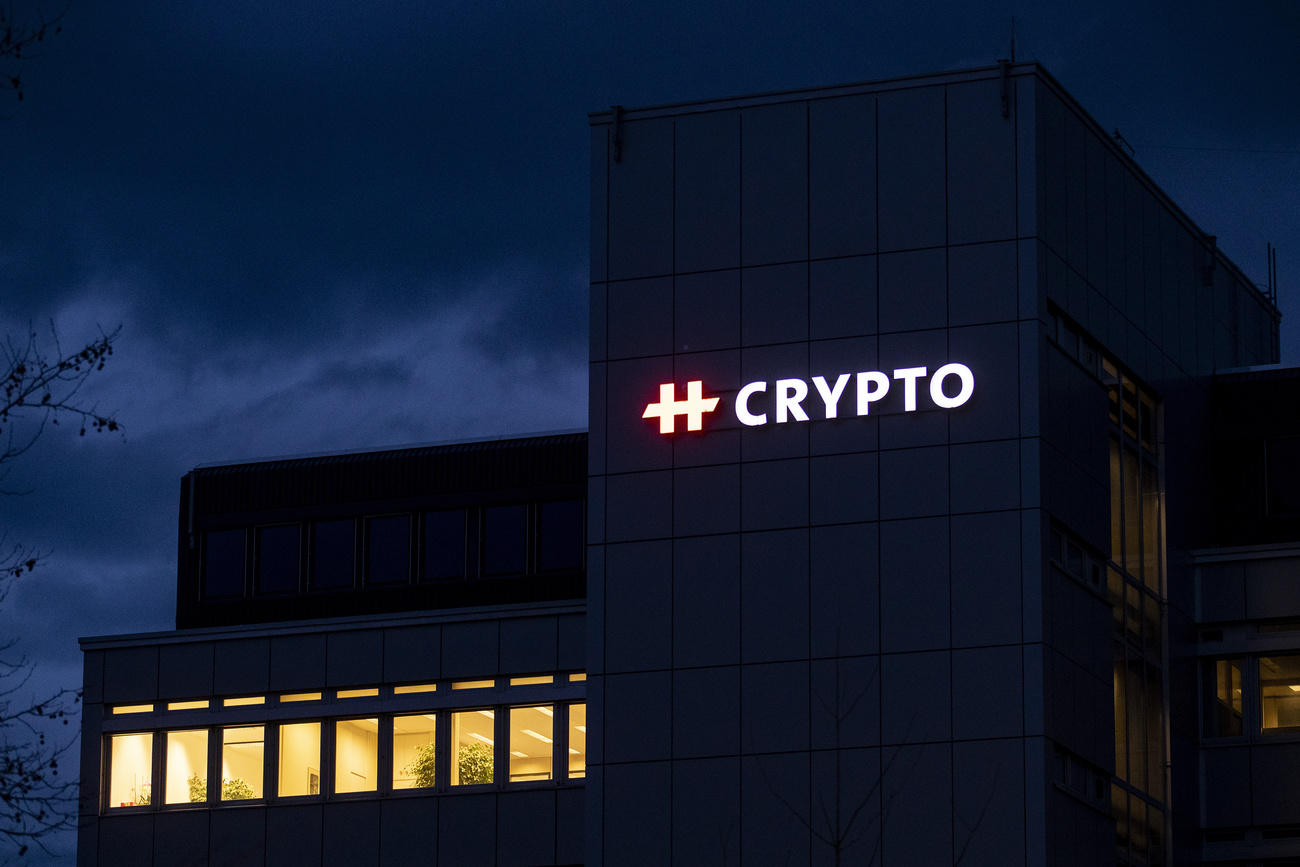
More
‘The Swiss will do anything for the right price’
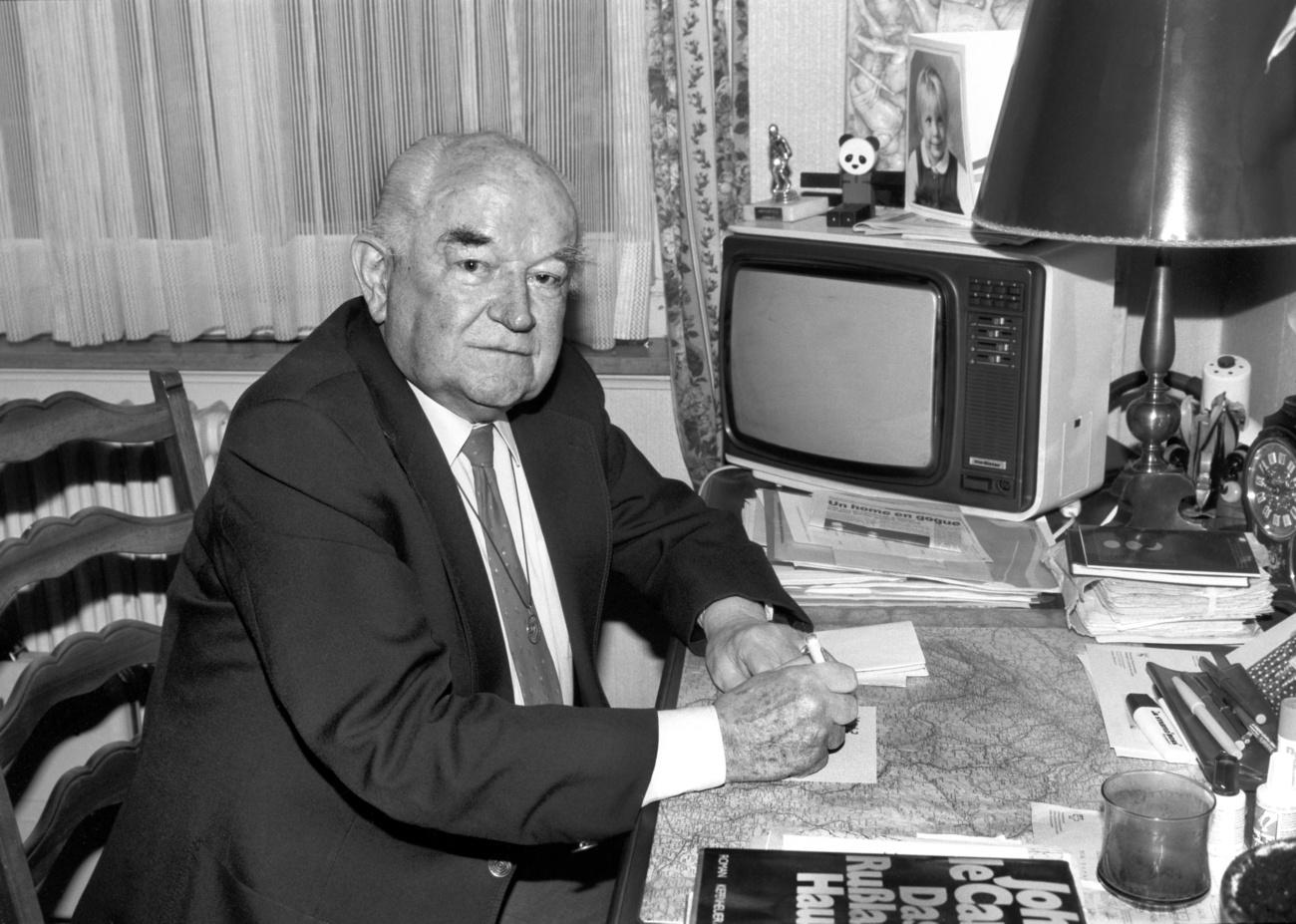
More
Busted! Swiss spy scandals through the years

In compliance with the JTI standards
More: SWI swissinfo.ch certified by the Journalism Trust Initiative










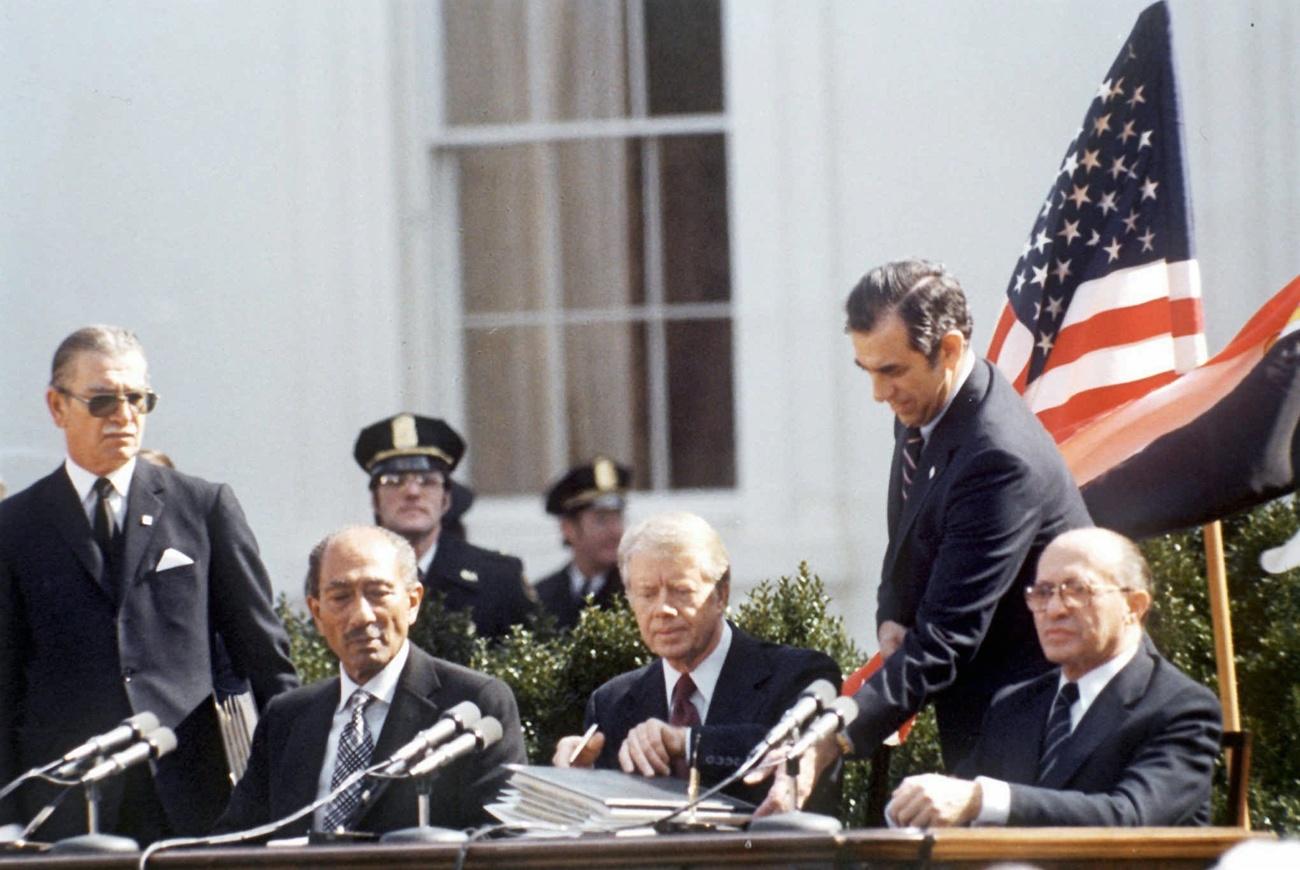
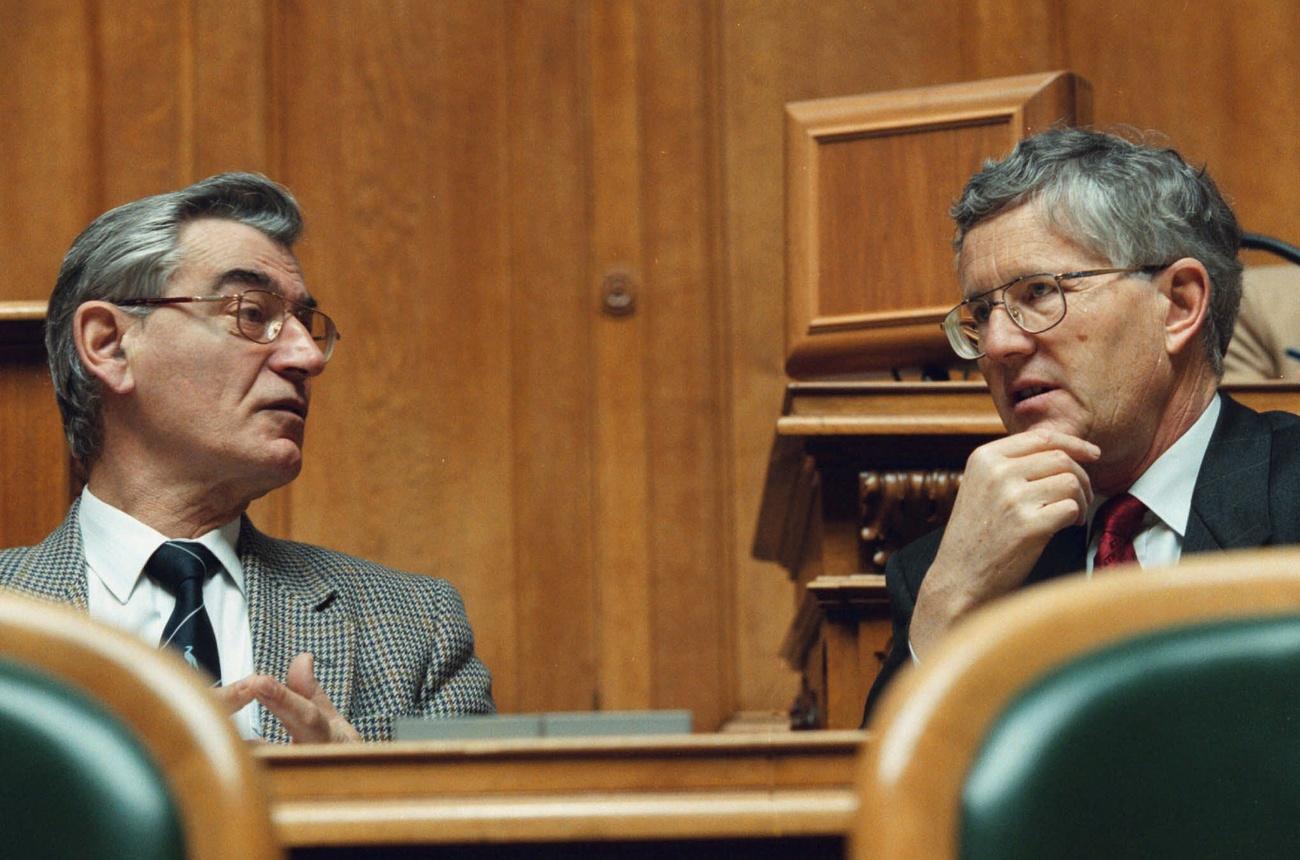
You can find an overview of ongoing debates with our journalists here . Please join us!
If you want to start a conversation about a topic raised in this article or want to report factual errors, email us at english@swissinfo.ch.